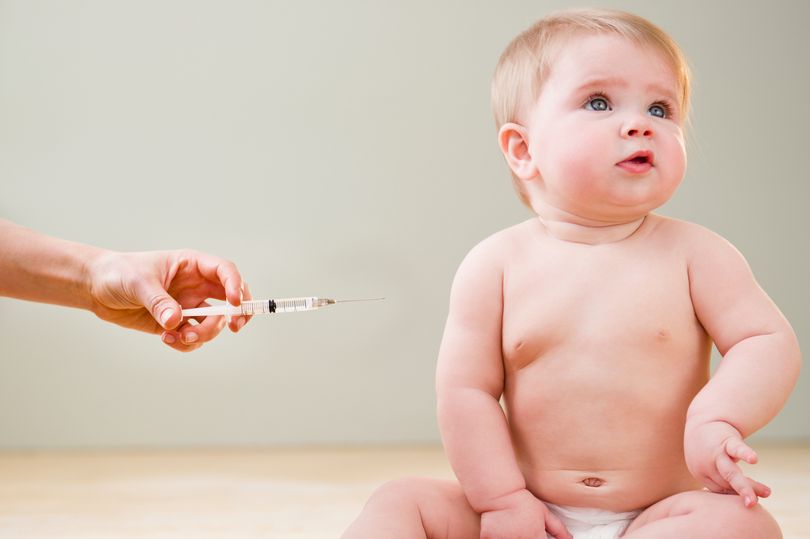I ask myself, do I have to write about this again, and the answer comes back, yes you do because nothing is changing. The anti-vaxxers are having their way and London is seeing the worst drop ever in MMR vaccination rates for children.
I have to raise a voice on our children’s behalf.
The UK was declared measles-free in 2017, but we have lost that cherished status. This prompted a pledge from Boris Johnson last month to take on the anti-vaccine movement.
Meanwhile, Health Secretary, Matt Hancock, has said groups promoting anti-vaccination messages have “blood on their hands”. Labour MP Paul Sweeney has said failure to vaccinate children should be a “criminal offence”.
Simon Stevens, head of NHS England, has said: “‘It’s as irresponsible to tell parents (on social media) that their children shouldn’t be vaccinated as it is to say don’t bother to look both ways when they cross the road.
“Vaccine hesitancy” has been described by the World Health Organisation as one of the 10 worst health threats facing humanity, and has been blamed on the spread of anti-vaccine campaigners across social media.
So why have so many parents become reluctant to vaccinate?
“The reasons are complex,” explains Dr Heidi J Larson from the London School of Hygiene & Tropical Medicine. She says some are dedicated to refusing vaccination as a mission.
“Some have religious objections. Others want freedom from government control, big business or big pharma,” says Larson. She reveals serious reactions to the jab are very uncommon.
“For example, measles will lead to brain swelling in one in 1,000 people, whereas this occurs in only 1 in 100,000 as a result of the vaccine.
Larson concludes: “It is far safer to vaccinate than not.”
I know vaccines may not be perfect, but the alternative – exposing children to infectious, sometimes deadly diseases – is much worse.
The rate of hospitalisation for measles is about one in five, and the mortality rate is about one in 1,000.
Even worse, measles suppresses the immune system for up two years leaving children vulnerable to even minor infections. The MMR vaccine makes the immune system stronger.
So should we be introducing compulsory vaccination of children before school?
Or say that schools shouldn’t admit children who haven’t been vaccinated? And should all parents be asked to prove their four- or five-year-old has had their two recommended doses of the MMR vaccine? It may be time to consider draconian measures.

